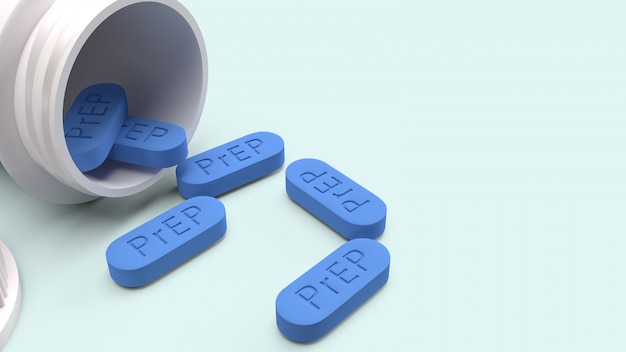There are many testing sites in South Africa, including local clinics and even your trusted doctor.

HIV/Aids still remains a major global public health concern. Although HIV is not treatable, there are several methods for preventing HIV transmission that we have seen lead to a marked reduction in the global incidence of HIV infection in the last few years.
The only way HIV/Aids will be ultimately controlled on a global scale is by effective prevention and therefore patient education is vital.
Let us go back to the basics of how HIV infection is spread. The person-to-person spread of HIV is called HIV transmission. It only happens when certain body fluids are received from a person who has HIV.
HIV transmission is only possible if these fluids come in contact with a mucous membrane or damaged tissue or are directly injected into the bloodstream (from a needle or syringe). Mucous membranes are found inside the rectum, the vagina, the opening of the penis and the mouth.
These body fluids are:
- Blood
- Semen
- Pre-seminal fluids
- Rectal fluids
- Vaginal fluids
- Breast milk

Doctor tests a patient. Picture: iStock
Therefore HIV is spread mainly by:
• Having anal or vaginal sex with someone who has HIV without using barrier protection or taking medicines to prevent or treat HIV.
• Sharing injection drug equipment, such as needles, with someone who has HIV.
• HIV can also spread from a woman with HIV to her child during pregnancy, childbirth or breastfeeding. This is called mother-to-child transmission of HIV.
• In rare cases, some people can be infected with HIV after receiving a blood transfusion or organ or tissue transplant from a donor with HIV. This risk is very low because these are rigorously tested before the procedures happen
There is no way of getting HIV from casual contact with a person who has HIV, such as a handshake, a hug or a closed-mouth kiss.
And you cannot get HIV from contact with objects such as toilet seats, doorknobs or dishes used by a person who has HIV.
Based on this information, there are then things you can do to protect yourself from contracting HIV.

Picture: iStock
The following are some of the steps you can take to make sure you are protected:
• Do an HIV test and make sure your partner also tests. Talk to your partner about HIV testing and get tested before you have sex.
There are many testing sites in South Africa, including local clinics and even your trusted doctor. There are also non-governmental organisations that offer pop-up testing stations in the communities.
• Choose less risky sexual behaviours. HIV is mainly spread by having anal or vaginal sex without a condom or without taking medicines to prevent or treat HIV.
There are now medications you can take to prevent HIV transmission. Ask your doctor.
• Use condoms. Use a condom correctly every time you have sex. Ask the nurse at your local clinic to demonstrate for you if you are not sure.

PrEP. Picture: iStock
• Limit your number of sexual partners. The more partners you have, the more likely you are to have a partner with poorly controlled HIV or to have a partner with a sexually transmitted infection (STD).
Both factors can increase the risk of HIV transmission.
• Get tested and treated for STDs. Insist that your partners get tested and treated, too. Having an STD can increase your risk of becoming infected with HIV or spreading it to others.
Talk to your health care provider about pre-exposure prophylaxis (PrEP). PrEP is an HIV prevention option for people who don’t have HIV but who are at high risk of becoming infected with HIV.
PrEP involves taking a specific HIV medicine every day for the period adviced by your doctor.
• Don’t inject drugs. But if you do, use only sterile drug injection equipment and water and never share your equipment.
If you are HIV positive and your partner is HIV negative you want to make sure that you also play your part in protecting your partner.
For more news your way, download The Citizen’s app for iOS and Android.






